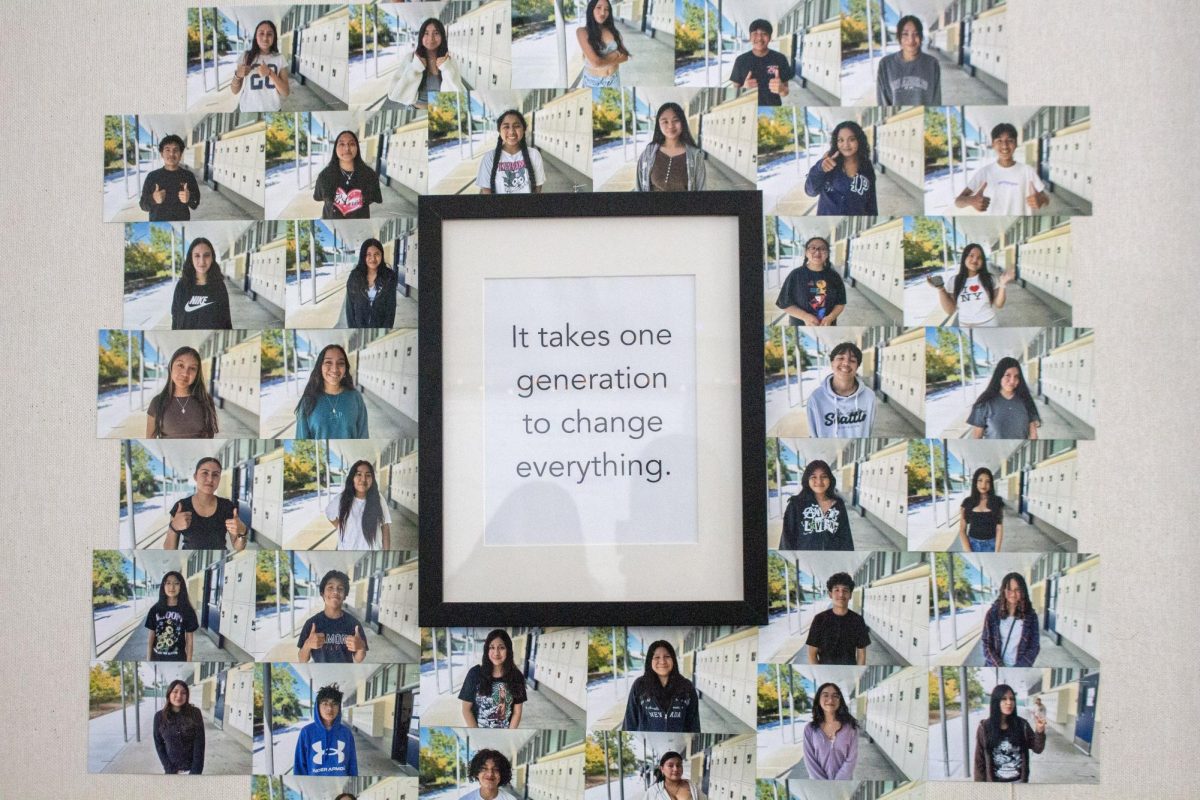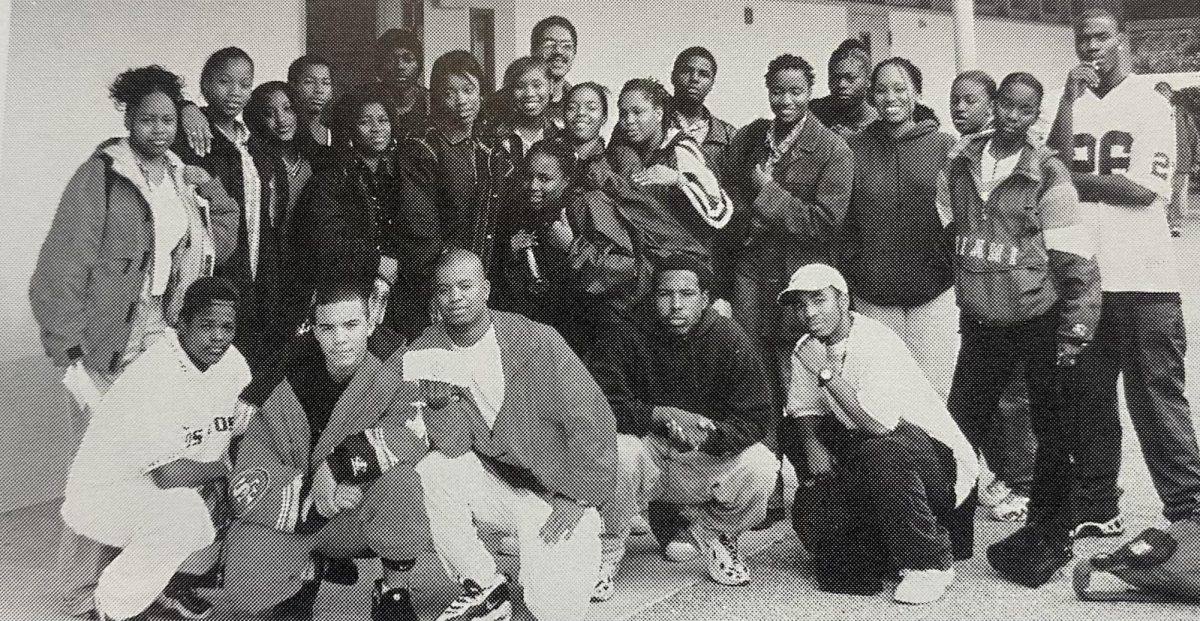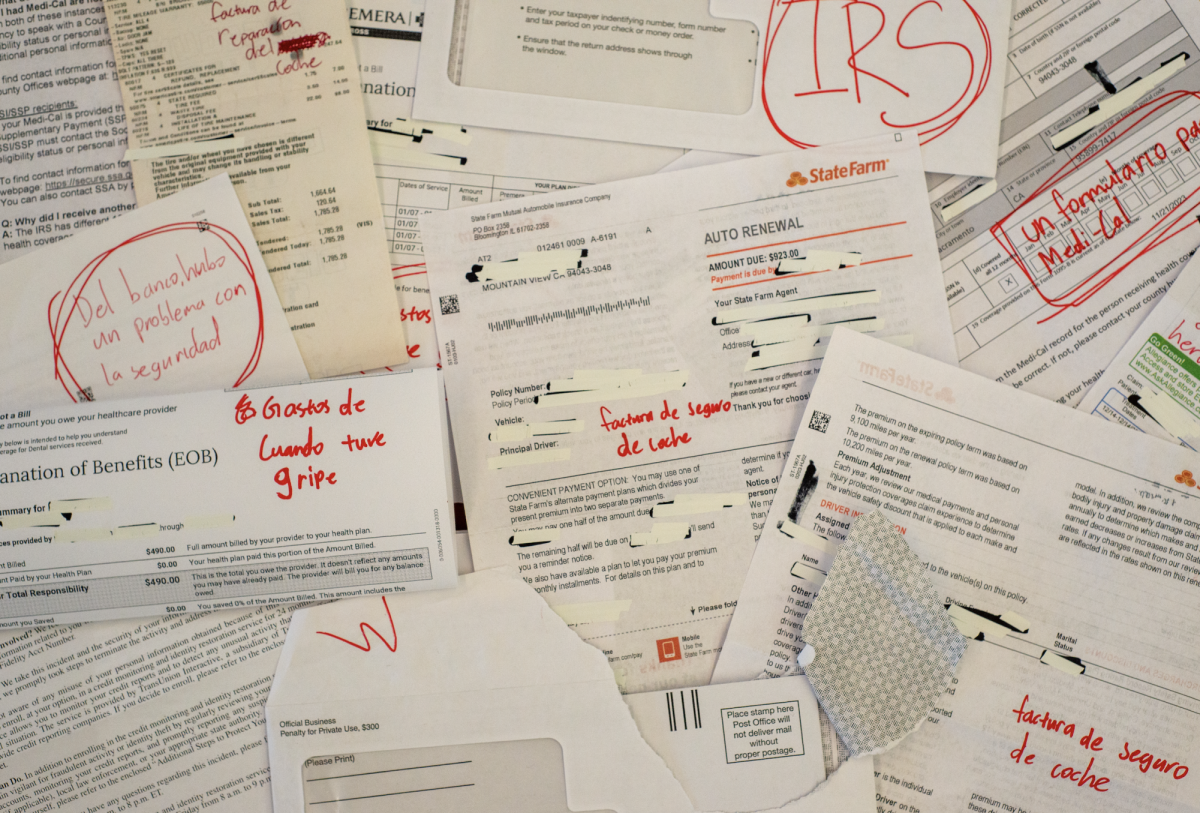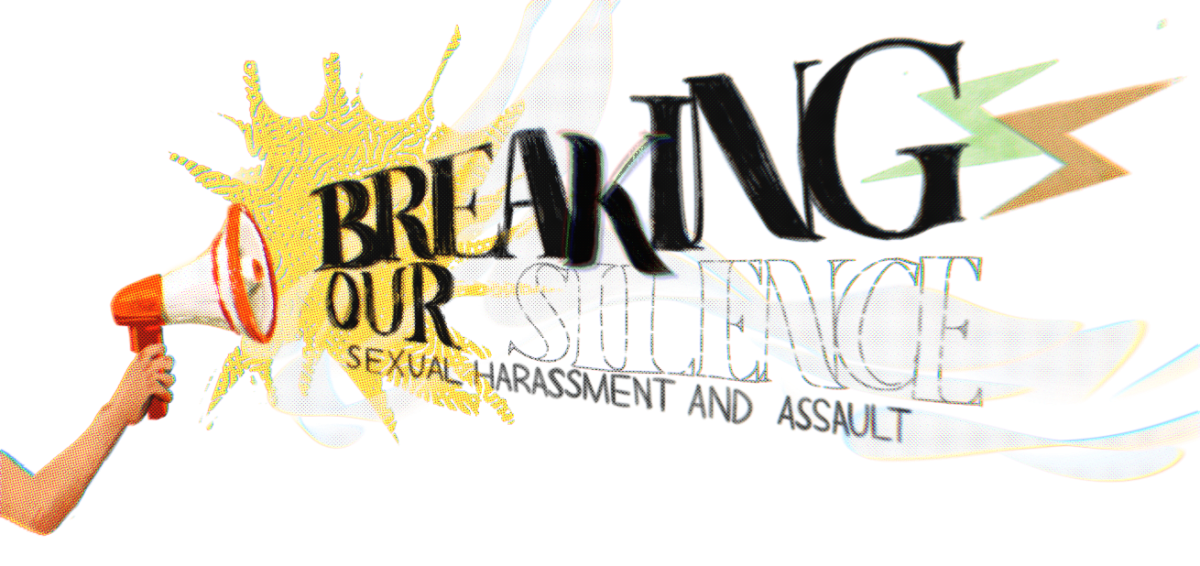← Back to “What Does it Mean to Be American?”
In 1620, sophomore Brenna Reid’s ancestor stepped off the Mayflower. Nearly two centuries later, her great-great-great grandfather conducted his station of the Underground Railroad. Flashforward to 2010, and Brenna sits in an air-conditioned library declaring her disdain for hamburgers and football.
Like Brenna, current All-Americans flourish in the land of their ancestors, but at the same time these native Americans (with a lowercase ‘n’) find themselves trapped in a stereotype ingrained in foreigners and compatriots alike: the label of blind patriotism.
For Brenna, this can’t be further from the truth. She remembers clear instances where she “wasn’t proud to be an American,” citing America’s entry into the prolonged Iraq War and its response to 9/11.
Her sentiments are shared by others.
“I am proud to be American when our country pulls together to benefit others,” said junior Gabriella Seltzer, a fifth-generation American who shares Brenna’s distaste for hamburgers and NFL. “But sometimes I’m ashamed to be American when we live up to our reputation of being selfish or ignorant towards others.”
Like Brenna and Gabriella, not all Americans are Islamophobic jingoists who are unappreciative of tea. Here on campus, a Talon poll found 45 percent of students don’t consider themselves patriotic.
But still, All-Americans can’t shake off the image of do-or-die nationalism.
“It’s annoying when everyone abroad assumes you voted for Bush. Trust me, those were eight years when I was not proud to be an American,” said junior Camille Siegel, a fifth-generation American who watches Canadian hockey, dislikes Jimi Hendrix, and was once told by an English teacher that she should be tried for treason. (Jokingly, of course.)
Third-generation American junior Nicole Larsen shares Camille’s opinion. Instead of hamburgers, Nicole had celebrated her last Fourth of July with salsiccia italiana, a classic Italian sausage. A self-proclaimed “Italimerican,” Nicole grates at the fact that as Americans, “we have to stick our noses in everything.”
For All-Americans like Camille, being an American isn’t about a specific ideology—it’s about ideals, and violating those ideals is as un-American as it comes. The American identity, then, belongs to the Pilgrims 390 years ago just as much as it belongs to the immigrants who arrived at JFK yesterday.
“The beliefs our founding fathers fought for, the ability to stand up for what you think, freedom of speech and freedom of religion define my American identity,” Brenna said. “These ideals—not any current American policies or my own American heritage—are what make me proud to be an American.”







